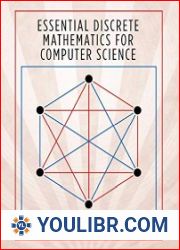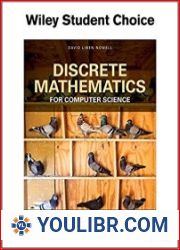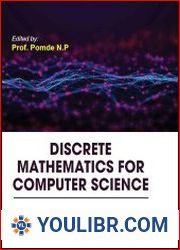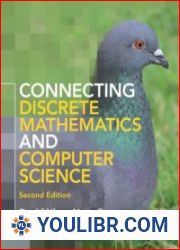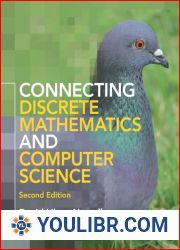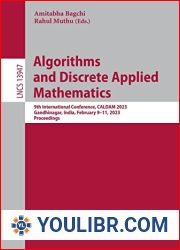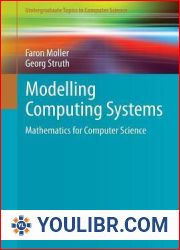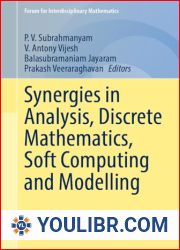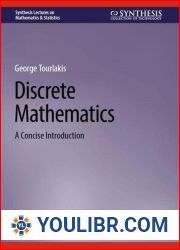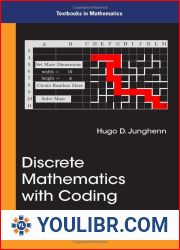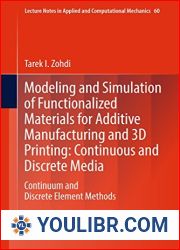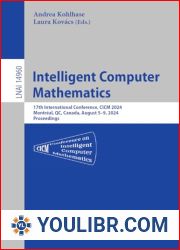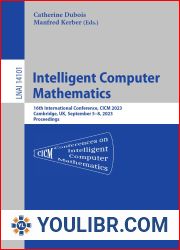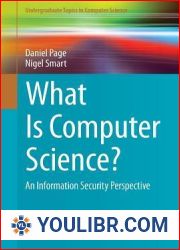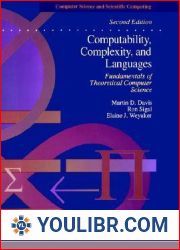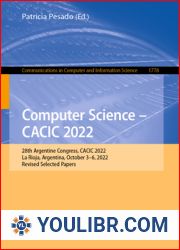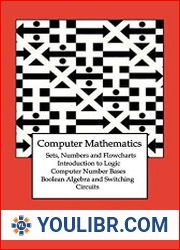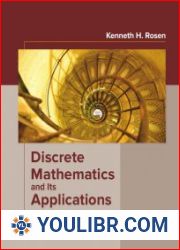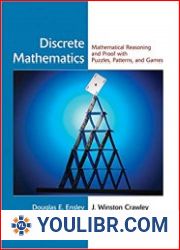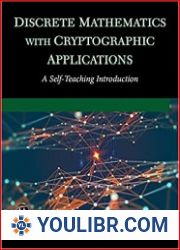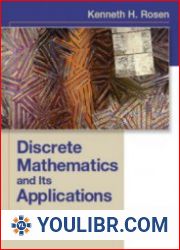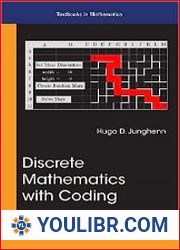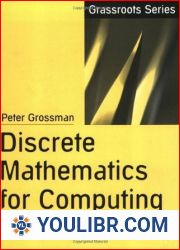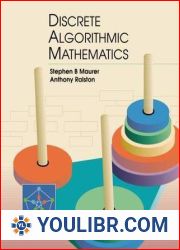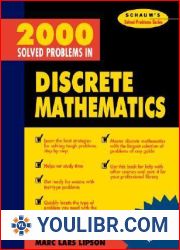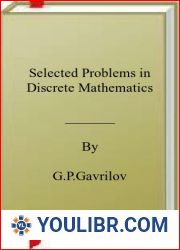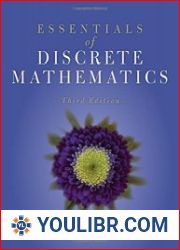
BOOKS - Discrete Mathematics for Computer Science

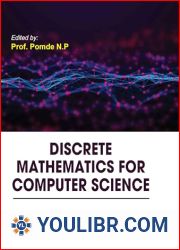
US $8.69

871252

871252
Discrete Mathematics for Computer Science
Author: Pomde N P
Year: January 10, 2024
Format: PDF
File size: PDF 41 MB
Language: English
Year: January 10, 2024
Format: PDF
File size: PDF 41 MB
Language: English
This book discusses the role of proofs in mathematics and computer science. In mathematics, a proof involves validating a proposition through logical deductions from axioms. Computer scientists focus on demonstrating program accuracy, given the increasing error susceptibility of software. A community of specialists aims to enhance program precision, extending to verifying computer processor chips for leading manufacturers. Creating mathematical models to affirm program validity is an active study area. A proof, in this context, involves a sequence of logical deductions from axioms and established statements, leading to the desired proposition. While crafting proofs may seem daunting, standard templates offer a framework. Some templates can be interconnected, providing both high-level structure and detailed guidance. The Principle of Mathematical Induction is applied to validate algorithms without computer reliance. Sets underpin modern mathematics and software engineering, introduced with language and typical tasks. Primary set operations' understanding enables proof techniques for functions, relations, and graphs, validating algorithms for specific tasks. The book delves into language describing element collections and sets, providing proof templates for comprehension and construction. The book covers common set operations, introduces additional proof templates, and addresses numbering elements and the Principle of Mathematical Induction. This exploration deepens the understanding of mathematical proofs and their role in computer science applications.








